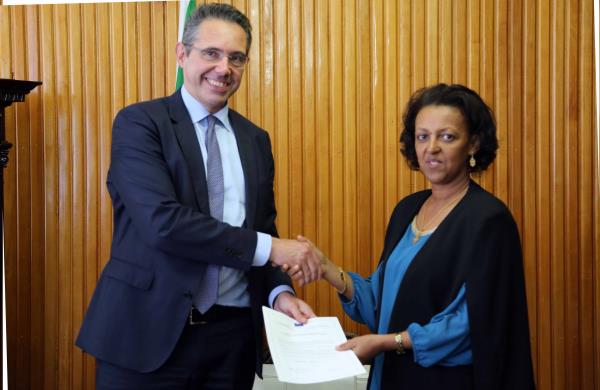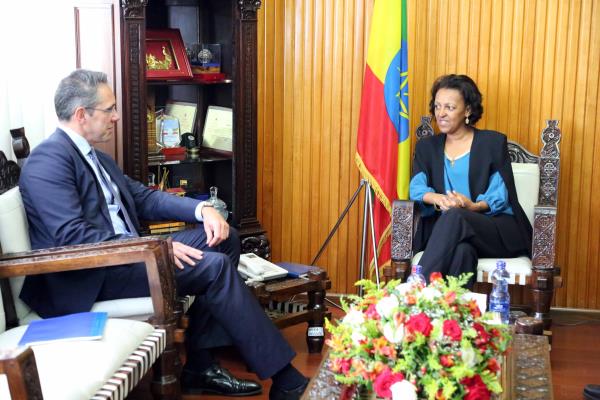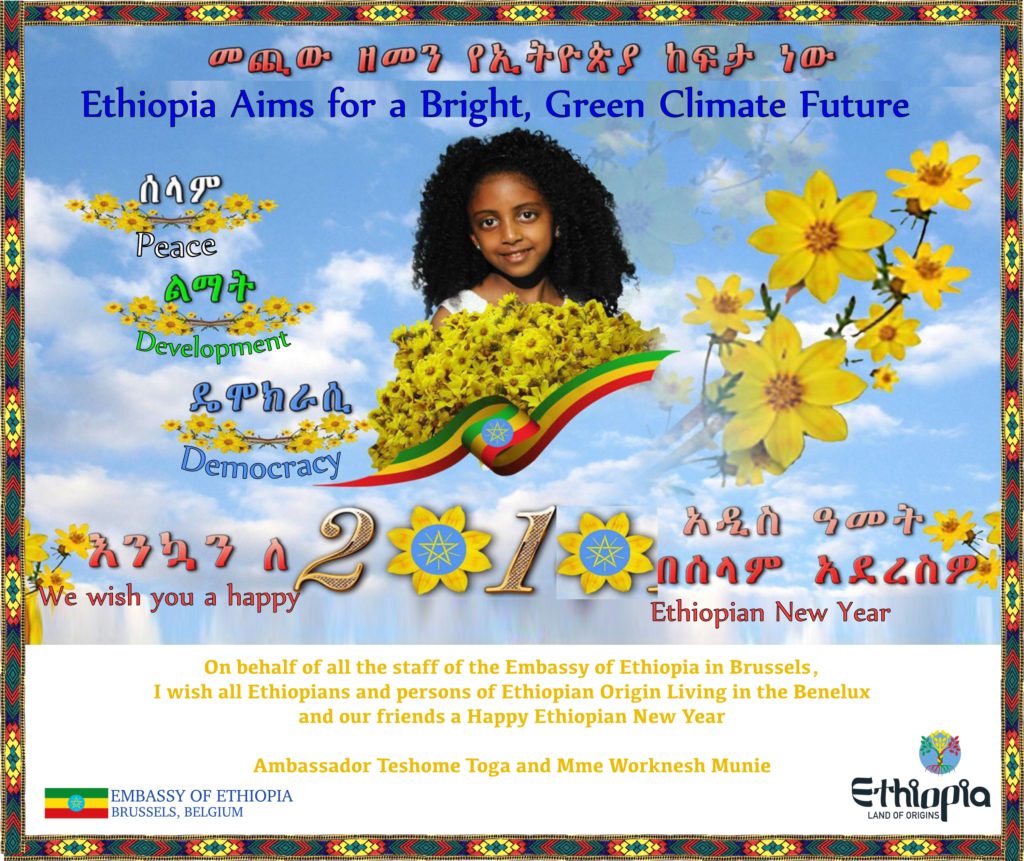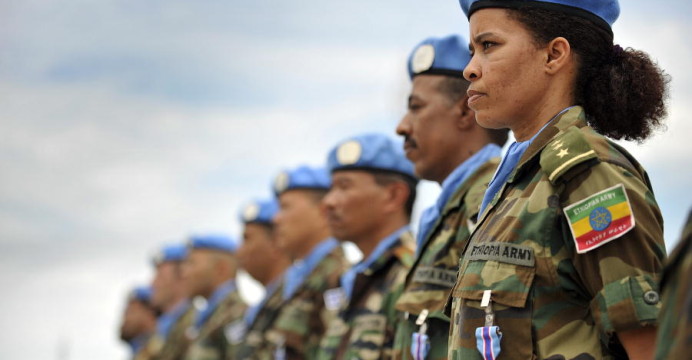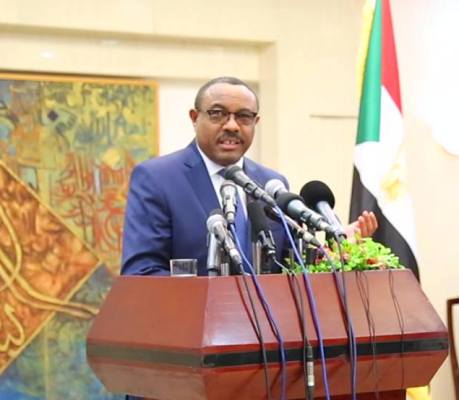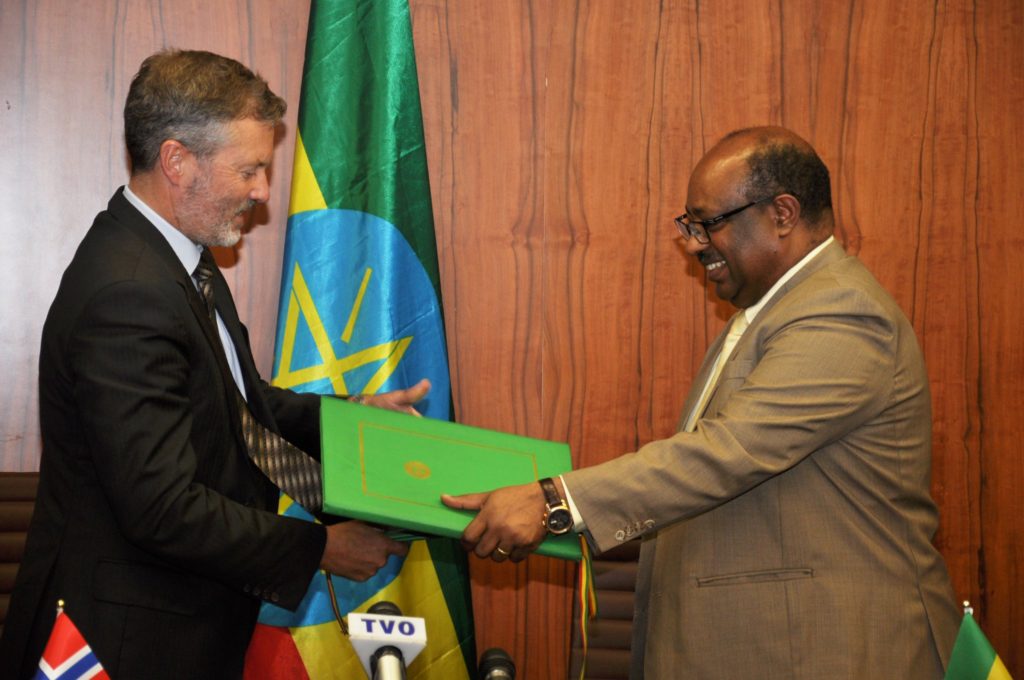“We are defeating our long rooted arch-enemy – poverty – since the beginning of the third Ethiopian millennium and we will continue to do so”, said Prime Minister Hailemariam Dessalegn.
The Premier addressed tens of thousands of Ethiopians gathered Sunday night at the millennium hall to celebrate the 2010 Ethiopian New Year.
Recalling that the country has witnessed an average of 10 percent growth over the past more than ten years, Hailemariam said all Ethiopians should further advance their strong commitment in achieving the country’s development goals.
Modernizing agriculture, industrial development, strengthening small and medium enterprises, and attracting FDI are among the priority areas in the New Year, he pointed out.
He also said that an extensive work will be done to equip the youth with the up to date technologies while creating an abundance job opportunities in urban areas.
In addition, empowering women and make them active participants of and beneficiaries from the overall development of the country is also continue to be a priority.
Speaking of politics, the Premier said activities geared towards maintaining the multi-party system and enhance the democratization process will further be continued.
The government, as a continuation of its in-depth evaluation, will work to root out any poor governance and rent-seeking attitude, he emphasized.
Noting that Ethiopians had managed to maintain the unity even during in times of adversity, the Premier urged the public to continue to strengthen the culture of peaceful coexistence and harmony.
Hailemariam wished that the 2010 Ethiopian Year be a year of peace, unity, and development. (ENA)
